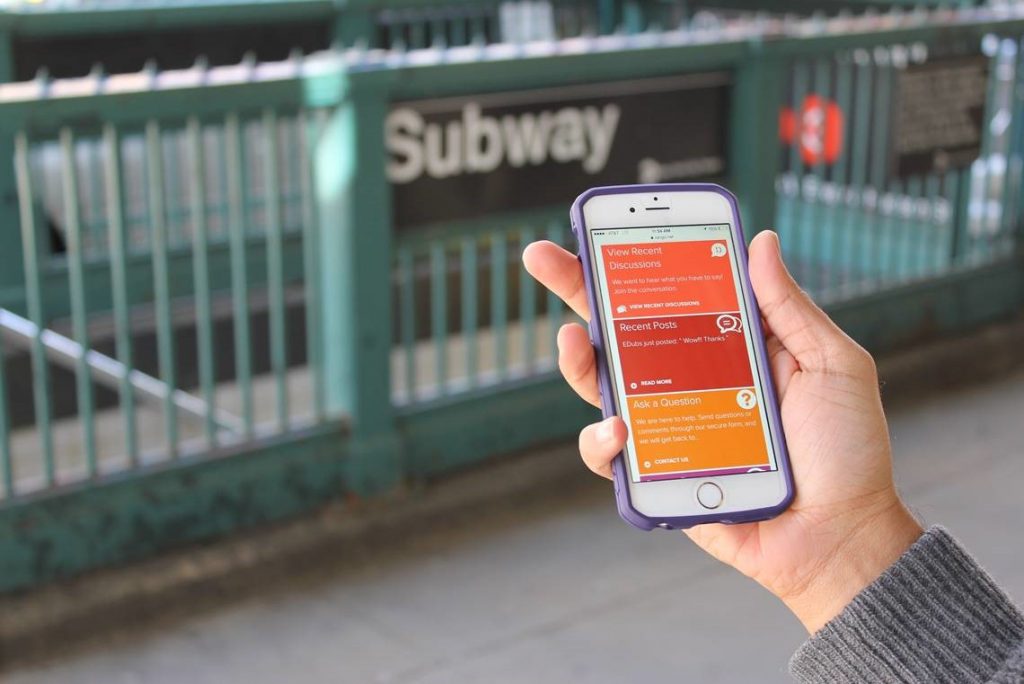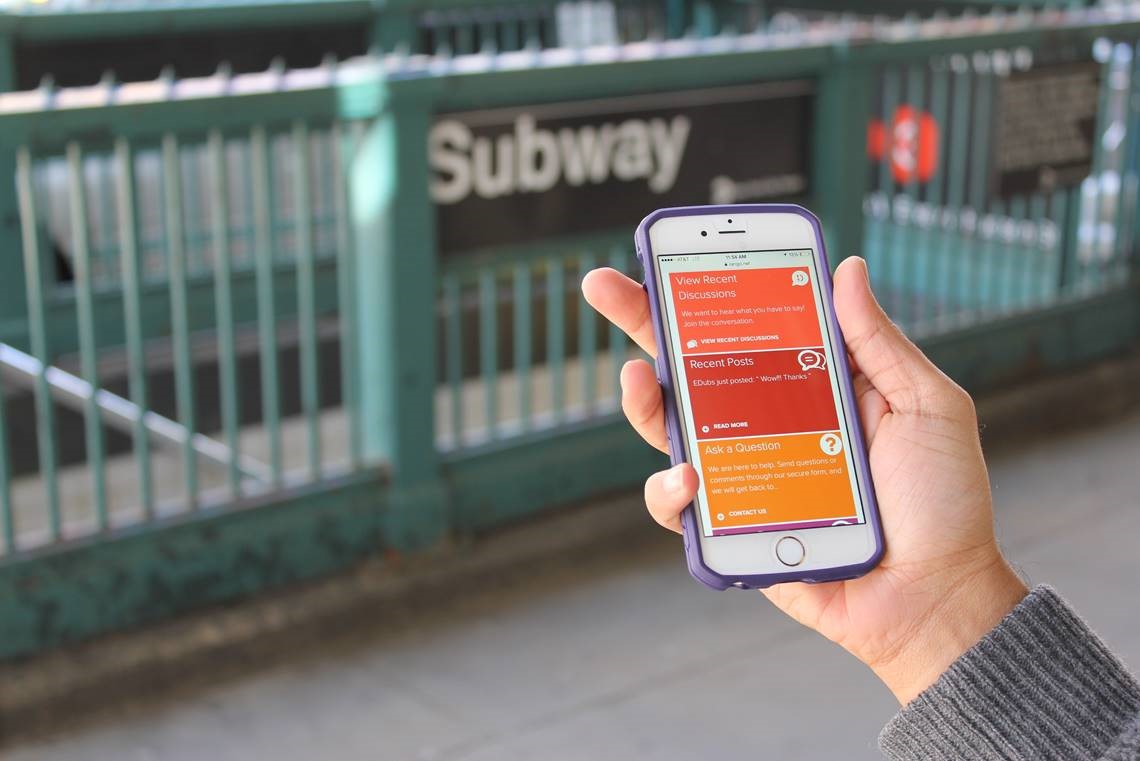BY VILLAGECARE | Being diagnosed with a chronic illness such as H.I.V., diabetes or cancer can come as a blow and an instant change of life. This was the case for Diana, who received such news right around her 44th birthday. She had lived most of her adult life in a rough New York City neighborhood, as she struggled with drug addiction and fell victim to abusive relationships.
Diana had been urged to be tested for H.I.V. and the result came back positive. It was earth-shattering to her state of mind.
“I panicked and felt crushed,” she recalled. “I thought I was going to die.” Diana was connected to a clinic where doctors prescribed antiretroviral therapy (ART), a combination of medications that effectively allows people to manage the disease and, in most cases, live longer and healthier lives.

Over the last few decades, these medications have transformed H.I.V./AIDS from a death sentence to a chronic condition. But staying compliant with the strict ART drug regime and maintaining a positive lifestyle that is integral to successful treatment can be extremely difficult. This was the care for Diana until she discovered Rango, an online platform and mobile app designed to help people cope with the disease through a combination of clinical and social supports.
VillageCare is a community-based nonprofit organization that offers post-acute care, managed care and community services for individuals with chronic-care needs. In 2015, Village Care was awarded a three-year, $9 million grant from The Center for Medicare and Medicaid Innovation (CMMI) to develop an online platform, as well as a mobile app, that offered a variety of essential tools, including medication and medical appointment reminders, otherwise known as Rango.
Participants had access to virtual support groups, discussion boards and live chats about issues related to living with H.I.V./AIDS. Users could also access databases for information about digital therapeutics and social services.
With encrypted data transmission and privacy protections, Rango became a safe online community for people like Diana who otherwise felt isolated and alone.
“Rango gave me a forum to speak my mind with people like myself, without fear or judgment,” Diana said. “It made me feel empowered.”
A critical component of treating these diseases is ensuring that people consistently take their medications. In exploratory research, VillageCare had concluded that only 60 percent of individuals with H.I.V., for example, reported full compliance with their medication regimen. This is detrimental not only to their health but also to slowing the rate of new diagnoses, since full compliance with ART can reduce the risk of transmission.
Rango prompted users to take their medications and keep up with doctors’ visits through text notifications and alerts. It also provided social support such as health coaches and discussion boards that tackled all aspects of living with H.I.V. in a confidential-conversation environment.
“The live support was a key element in our design,” recalled Emma DeVito, president and C.E.O. of VillageCare. “While progress has been made to remove the stigma surrounding H.I.V./AIDS, many people prefer to keep their condition private.”
Studies confirmed Rango’s positive impact on health indicators and patient engagement. New York University’s Health Evaluation and Analytics Lab found that Rango users had a relative reduction in hospitalizations of 8 percent, and a relative increase in primary-care visits of 3 percent, assessed against a comparison group. In the same analysis, the rate at which users refilled their H.I.V. drug prescription rose by 6 percent.
Rango’s design can serve as a model for new H.I.V. initiatives, including managing secondary conditions like Hepatitis C or assisting those using antiviral drugs to prevent transmission. It can also be applied to other chronic conditions, such as diabetes, reminding individuals to check glucose levels or suggesting a more suitable diet
While technology can’t solve all health and healthcare-management challenges, it can be leveraged to help people with long-term chronic diseases enjoy more stable, productive and healthy lives.
Recently, New York State named Rango a finalist at the Social Determinants of Health Innovation Summit. Constantly exploring new and innovative ways to help individuals better manage their chronic care needs, VillageCare is a data-driven organization that strives for effectiveness resulting in superior outcomes from the care provided. Its data-driven culture ensures that its clients/patients, as well as health-plan members receive the most appropriate healthcare and related services through the most efficient means possible
Disclaimer: This publication was made possible by Grant Number 1C1CMS331353 from the Department of Health and Human Services, Centers for Medicare & Medicaid Services. The contents of this publication are solely the responsibility of the authors and do not necessarily represent the official views of the U.S. Department of Health and Human Services or any of its agencies. The research presented here was conducted by the awardee. Findings might or might not be consistent with or confirmed by the findings of the independent evaluation contractor.


















